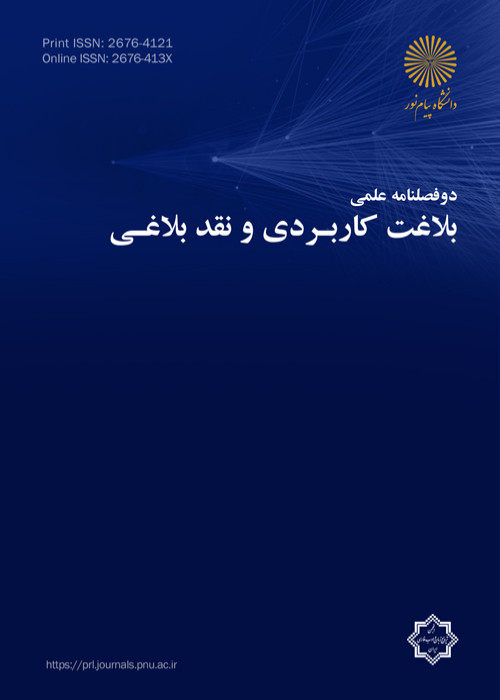An Analysis of Signification Process in "Wuthering Heights"; Semiotics of Discourse Approach
The purpose of the semiotics of discourse approach is to achieve meaning through communicating between semantic and differentiating units at the macro level. This article examines how meaning produced and received in "Wuthering Heights". Discourse systems are either action-based or state-based, respectively, which are the generators of cognitive and emotional discourse systems, respectively. In this novel, the dominant discourse system is cognitive because the action is more sensible than state. Heathcliff and Catherine (two main characters) create the dominant love state and the main revenge action. Heathcliff, the main actant, gains the necessary mental, physical and financial competences and performs the action with a predetermined program. The actant reaches the evaluation and value stage by going through the qualifying, main and glorifying test. The value presented to these two characters is not financial, but a transcendent value in the name of love. Although, there are other discourse systems in the novel; emotional discourse system, different emotional states appear in several stages of the novel and Incidental discourse system: the presence of opposing systems such as birth and death is justified with no discourse except Incidental discourse system.
-
A comparative study of the influence of political discourses in the second half of the 1970s on the movie posters of "E’teraz” (Protest) and "Ajans-e Shishei” (The Glass Agency) based on semiotics
Ukabed Arefi, Hamidreza Shairi *, Parastoo Mohebi
Cultural History Studies, -
Semiotic analysis of the formation process of "discursive non-subject " in the paintings of Ahmad Morshedloo
Vida Ghassemi, Hamidreza Shairi*, Majid Ziaee
Journal of Islamic Crafts,




